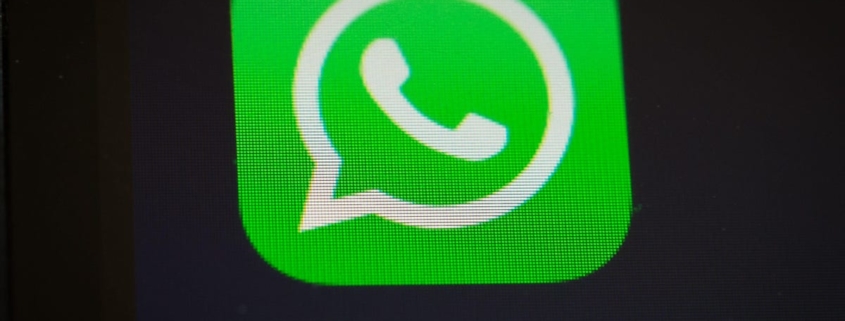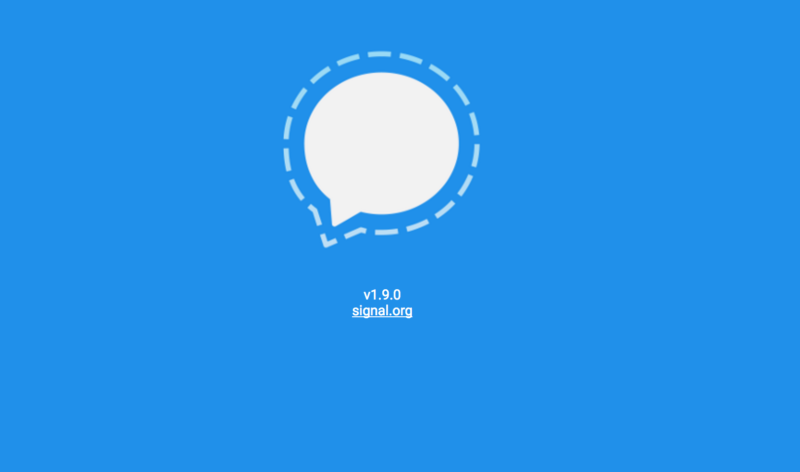Extinction Event: The Disappearing Nuclear Expert
Many training grounds for civilian arms control experts and nuclear strategists to fill government posts are also scrambling to recruit.
“People took it off their radar screen,” said former Massachusetts Democratic Rep. John Tierney, executive director of the nonpartisan Center for Arms Control & Nonproliferation, which saw more than half a dozen of its staff members join the Biden administration. “There is plenty of expertise, but they are gray-haired now. There is a pipeline but not as many and not yet as deeply experienced.”
“And nobody has experience with the tri-party situation,” Tierney told me, referring to the steady expansion of China’s arsenal to potentially match the United States and Russia.
“A lot of the people I have to deal with, even in the military, aren’t that well informed,” added Adam Lowther, director of strategic deterrence programs at the National Strategic Research Institute, an arm the U.S. Strategic Command, which oversees the nuclear arsenal. “They don’t have experience or the background.”
Stephen Schwartz, a senior fellow at the Bulletin of the Atomic Scientists, which has been advocating for reductions in nuclear arsenals since the arrival of the nuclear age in 1945, believes the lack of experience and expertise is particularly acute in Congress, where few lawmakers or staff are steeped in arms control, nuclear strategy or deterrence theory.
The debates, in his view, “are almost solely on the cost of nuclear weapons and not their utility.”
Congress is about to get another wake-up call, however, in the form of the bipartisan commission’s upcoming report. The body represents some of the most divergent views on how the United States can reduce the chances of a nuclear clash. But there is widespread agreement in at least one regard.
“The underlying theme is that while it didn’t seem like we needed to pay attention to those issues after the Cold War ended, the fact is we should have because Russia continued to,” said Kyl. “And China began to develop its nuclear weapons in a new way. We are playing catch up.”


